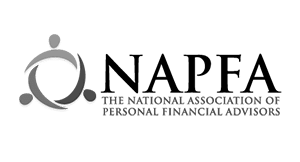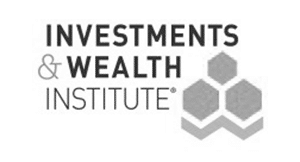With its vibrant spirit and thriving economy, Colorado Springs offers a wealth of financial possibilities. But navigating the intricacies of wealth management can feel like scaling Pike’s Peak blindfolded. One crucial step for managing your financial future lies in choosing the right financial advisor, specifically a fiduciary advisor who puts your interests first. The purpose of this guide is to equip and empower you with the knowledge to select the right advisor for your financial journey.
Why Fiduciary Expertise Matters
Fiduciary advisors are bound by a strict ethical code. They are legally obligated to put your best interests first, ensuring every decision aligns with your unique financial objectives. Finding a fiduciary financial advisor requires careful planning. Here’s a roadmap to help you find the right advisor.
1. Define Your Financial Needs
Before your advisor search begins, identify your financial needs. Do you seek comprehensive financial planning, investment management, or retirement planning? Knowing your goals helps identify advisors specializing in your specific needs.
2. Explore the Financial Landscape
Utilize online resources like the National Association of Personal Financial Advisors (NAPFA) or Fee Only Network to discover fiduciary financial advisors near you. Filter advisors by location, credentials, and specialties to create a targeted shortlist.
3. Scrutinize Potential Advisors
Once you have your shortlist, delve deeper. Verify advisor credentials through FINRA BrokerCheck and the SEC Investment Advisor Public Disclosure (IAPD) website. Look for certifications like CFP® (Certified Financial Planner™) and CFA® (Chartered Financial Analyst). These designations signify extensive knowledge and ethical commitment.
4. Schedule Consultations
Many advisors offer complimentary consultations. This is your opportunity to assess their communication style, investment philosophy, and fee structure. Ask pointed questions about their experience, investment philosophy, and how they handle potential conflicts of interest. Remember, you’re placing your financial well-being in their hands.
5. Trust Your Instincts
Qualifications are crucial, but don’t underestimate the importance of personal connection. You’ll be sharing sensitive financial details, so ensure a comfortable rapport and mutual trust. Choose an advisor you feel confident collaborating with on your financial journey.
Bonus Tip: Don’t be afraid to discuss fees openly. Common fee structures include hourly rates, asset-based percentages, or flat retainers. Transparency is key to a healthy financial partnership.
Final Thought
Spending the time to find a fiduciary financial advisor in Colorado Springs is an investment in your future. By following these steps and prioritizing your needs, you’ll be well on your way to accomplishing your financial goals. With the right strategy and a trusted fiduciary advisor by your side, navigating the financial landscape can be an enriching journey.
Smith Bruer Advisors is a fiduciary, fee-only firm and our advisors are required to work in your best interest. Learn more about our philosophy and financial planning process.






